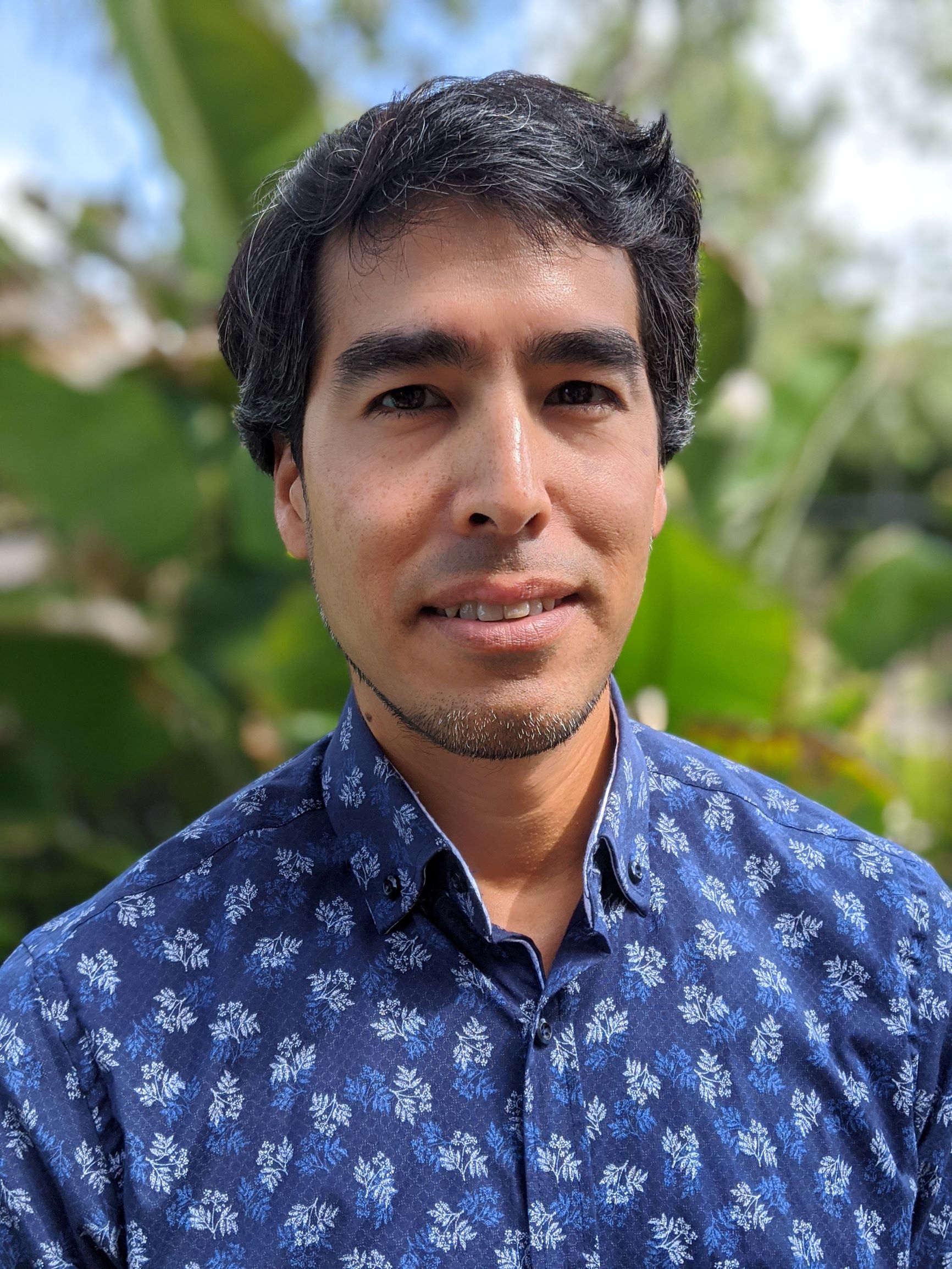The Richest Man in Babylon
Published:
Over the winter break, I read The Richest Man in Babylon, which is a 1926 classic on personal finance. I have read it a few times before, but it is entertaining enough to read once every few years. I highly recommend it to anyone interested in personal finance. But let me mention that the book is more philosophical or theoretical than practical, and to succeed in personal finance, it is important to augment abstract knowledge with practical tips, such as understanding the tax code.
Let me quote a few favorite passages from the book, followed by my comments.
For every ten coins thou placest within thy purse take out for use but nine: Thy purse will start to fatten at once and its increasing weight will feel good in thy hand and bring satisfaction to thy soul.
Arkad (the main character of the book) recommends saving 10% of your income. That’s reasonable advice. No matter how high a return you achieve on investment, if the amount invested is small, it is meaningless. The first step to building wealth is to save.
What each of us calls our ‘necessary expenses’ will always grow to equal our incomes unless we protest to the contrary.
Wise observation.
Preceding accomplishment must be desire. Thy desires must be strong and definite.
Based on my experience observing others (cross-section) or myself (time series), I agree that the desire for success is necessary for success.
He must pay his debts with all the promptness within his power, not purchasing that for which he is unable to pay.
In modern parlance, it means the priority should be paying off credit card debt (which carries high interest) before spending or investing.
He must take care of his family that they may think and speak well of him.
That is what I aspire to do, and I hope that my family will speak well of me 😃
Cultivate thy own powers, to study and become wiser, to become more skillful, to so act as to respect thyself.
It is always fun to learn something new.
To attract good luck to oneself, it is necessary to take advantage of opportunities.
Some risk-taking is necessary.
If you desire to help thy friend, do so in a way that will not bring thy friend’s burdens upon thyself.
This is great advice that I learned the hard way. When I was a freshman at the University of Tokyo in the late 1990s, I was earning a relatively high income from tutoring. A friend of mine asked me to loan him 100,000 yen (about $1,000) to start a business, and I agreed. However, we made no formal agreement on the timing of payment, interest, etc., so it was extremely stressful to request repayment. Over the next few years, my friend paid me about half of the amount I loaned. One day, when he had a windfall, I asked him to pay me in full, but he criticized me for being cheap, which put a significant strain on our friendship. My friend never paid me the remaining balance, and I never asked again.
Although I learned the lesson the hard way, I am fortunate that I only lost $500. I now tell my kids never to lend money to their friends, but if they do, not to expect it to be paid back. Later in my life, there have been numerous opportunities when I treated friends to coffee or a meal, but I don’t make any mental accounting, and I don’t expect them to treat me. If they do, I simply thank them, but I don’t feel any obligation to treat them.
